SINGAPORE — In the brave new world of smart homes, Dyson thinks it’s got a way to get a leg up over the competition: artificial intelligence.
The British tech giant has just invested some $412 million in a new research facility in Singapore, and sees it as a big piece in a future where “everything is automatic.”
The large Singapore facility was unveiled on Monday.
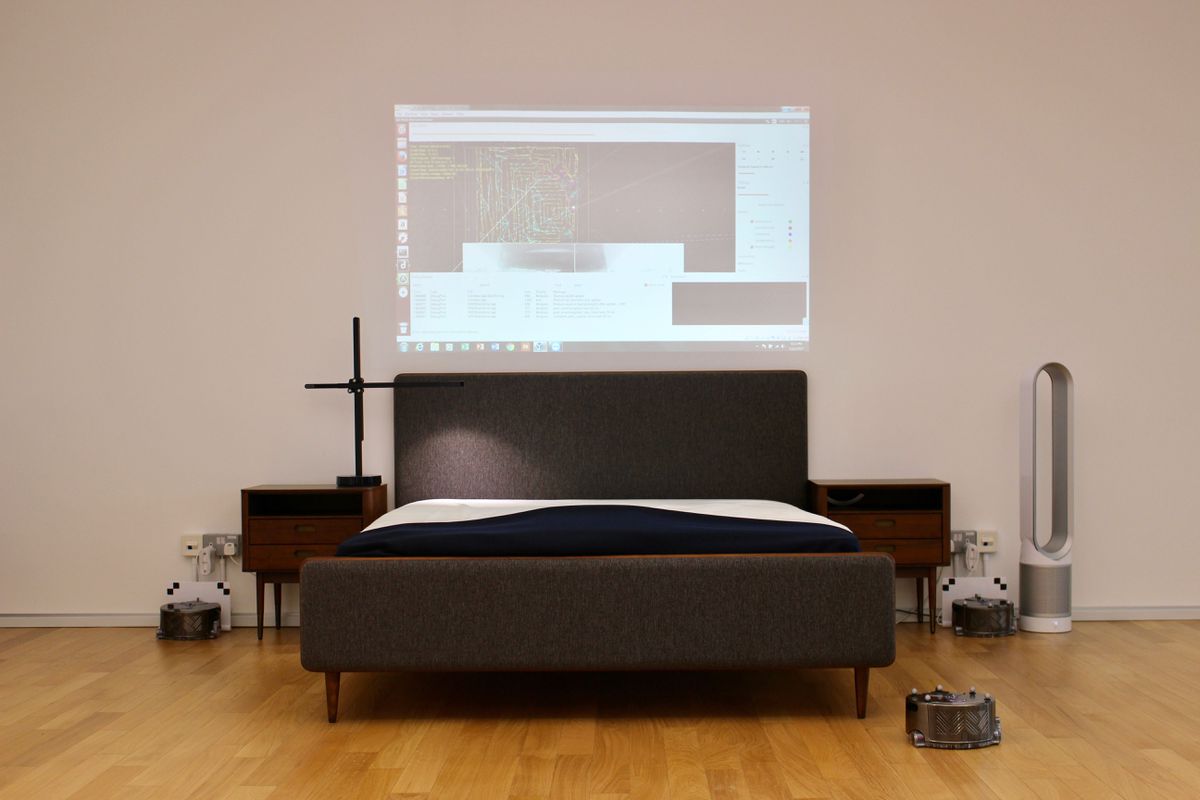
Could this be the smart room of the future?
Image: mashable
“Almost every product can benefit from AI, lighting, purification, cleaning — everything that you see in a room needs artificial intelligence,” declared Sir James Dyson, its founder said at its launch event.
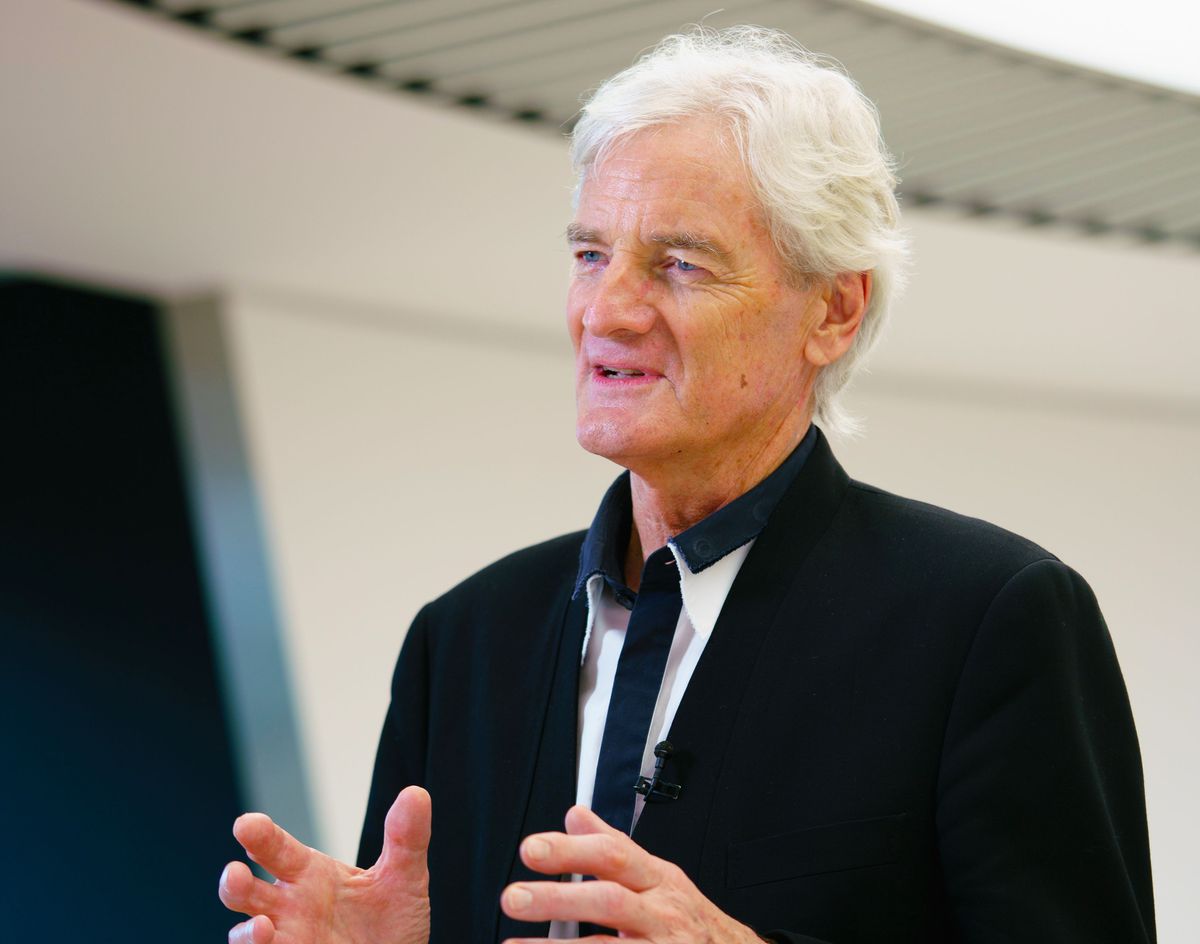
Sir James Dyson, speaking at the Singapore launch.
Image: Dyson
Dyson’s already started dipping its toes in the connected home scene. Last year, it made a first foray into the Internet of Things, with an air purifier connected to an app.
The Internet of Things refers to products and objects that are web-connected. They collect data about how you use them, learn your habits, and typically feed data to an app.
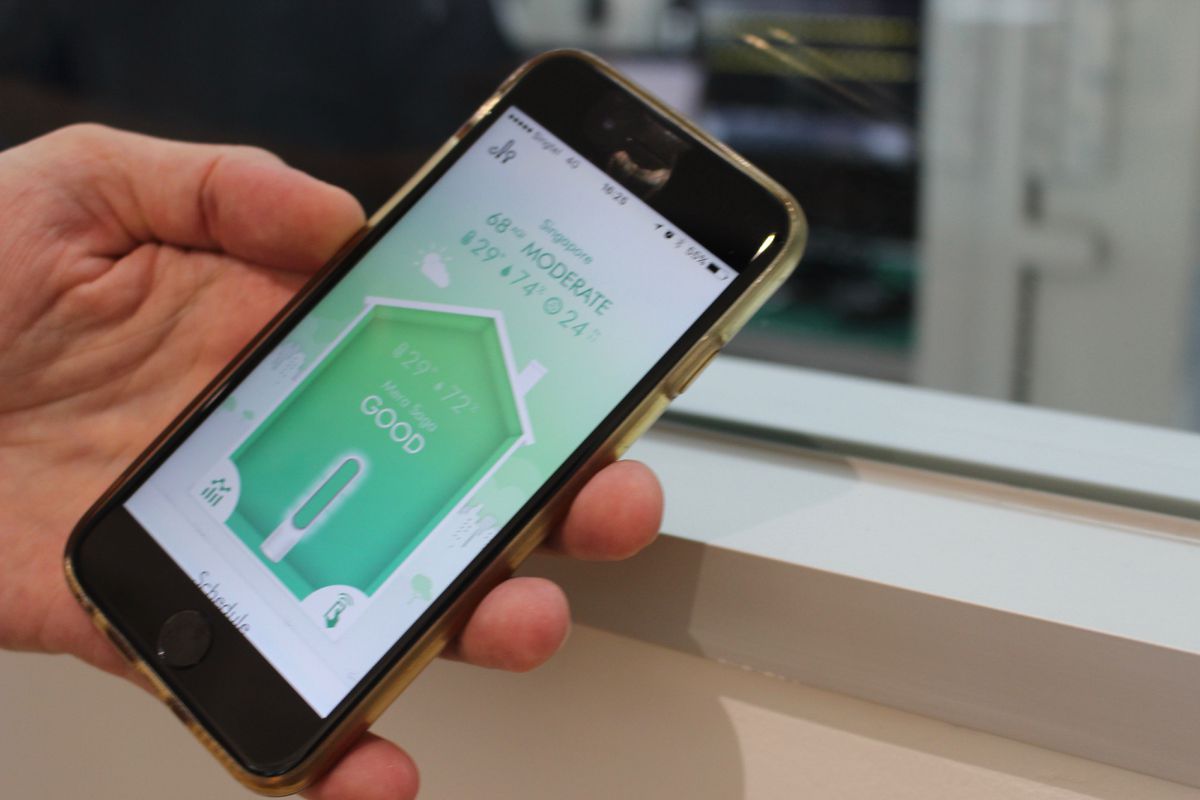
Image: mashable
But Dyson’s aim is to shoot beyond this.
“My view is that you don’t want to be holding a mobile phone and controlling devices through an app. My dream is much rather that everything is automatic, and sets itself for you to your preference,” Dyson said.
Testing has already begun for Dyson’s new home lighting and fan systems, using face and voice recognition to detect the user, then adjusting its temperature and speed to their precise preferences.
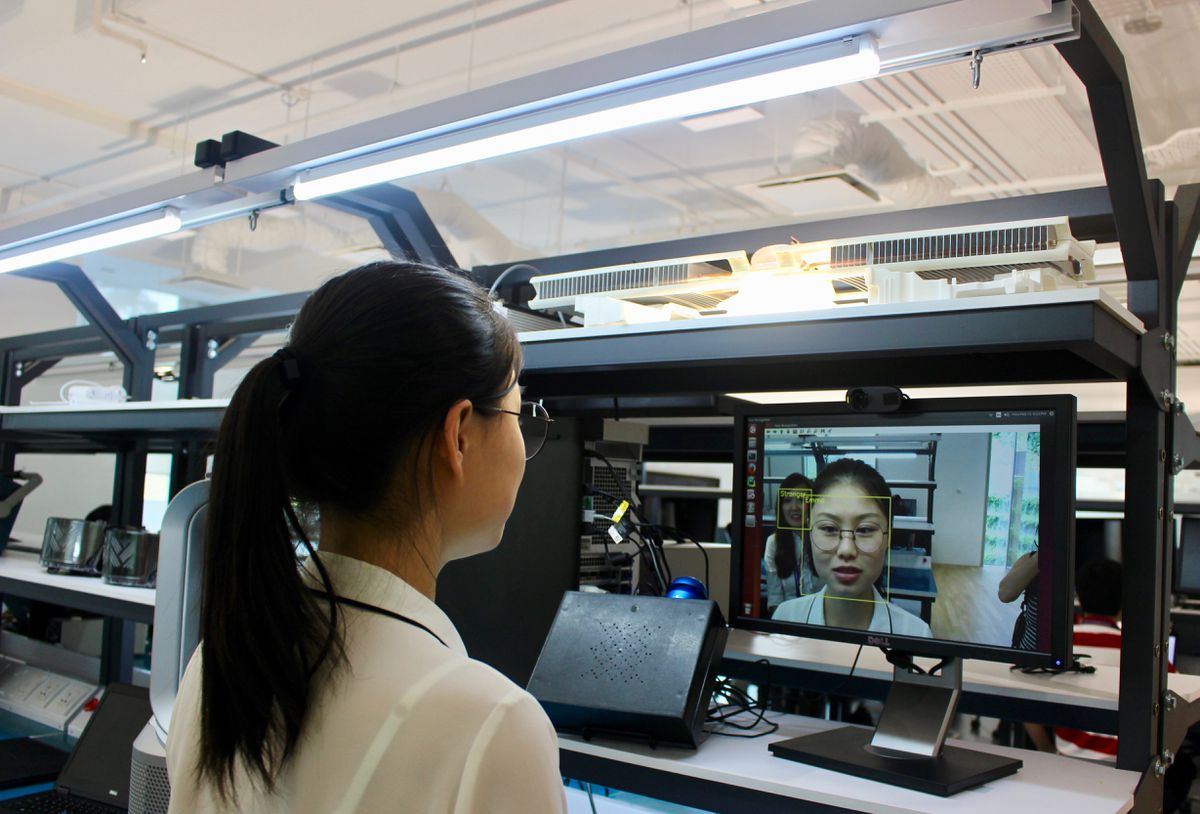
Dyson’s trial lighting and fan system
Image: mashable
“Take lighting…it makes sense that when you get home after an evening it recognises your face, your voice and…responds to your biorhythms,” said Chief Operating Officer Jim Rowan.
Eventually, its AI smarts will be folded into its developments in robotics and machine learning.
According to Dyson, its work on robotics began almost two decades before its first Dyson 360 Eye robotic vacuum cleaner was launched.
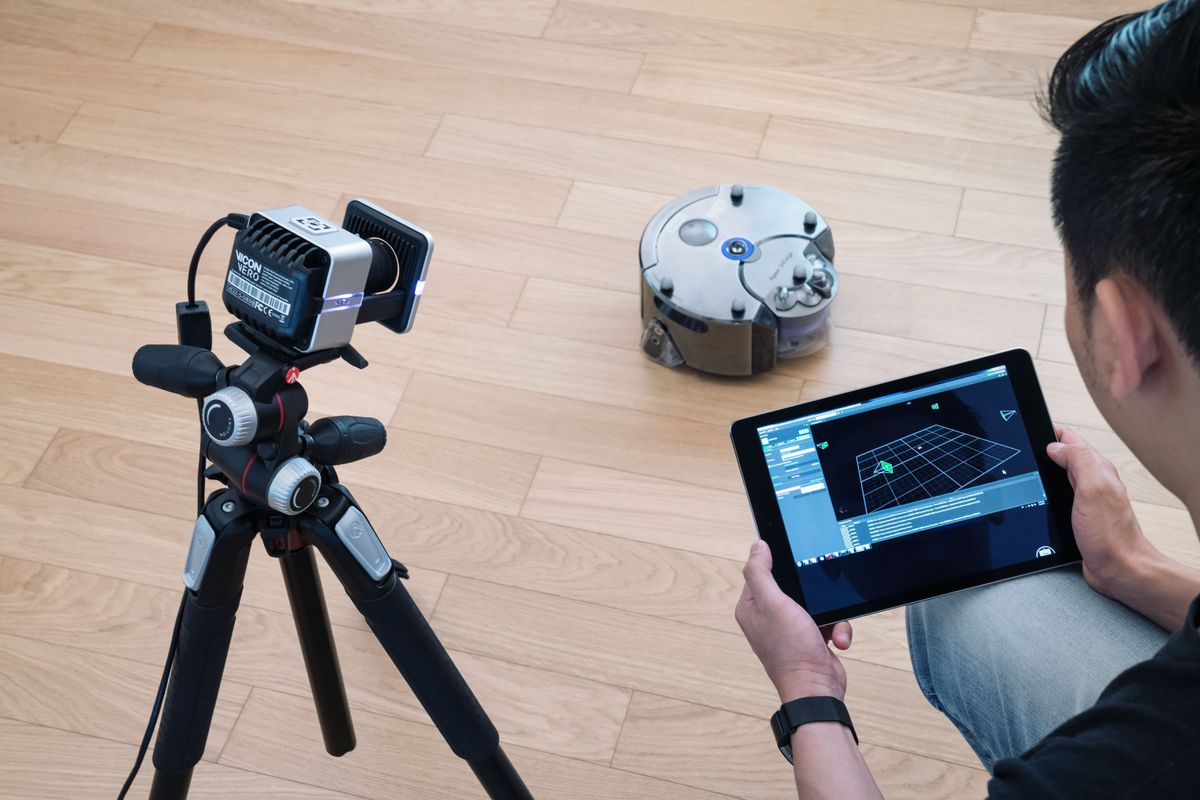
Image: dyson
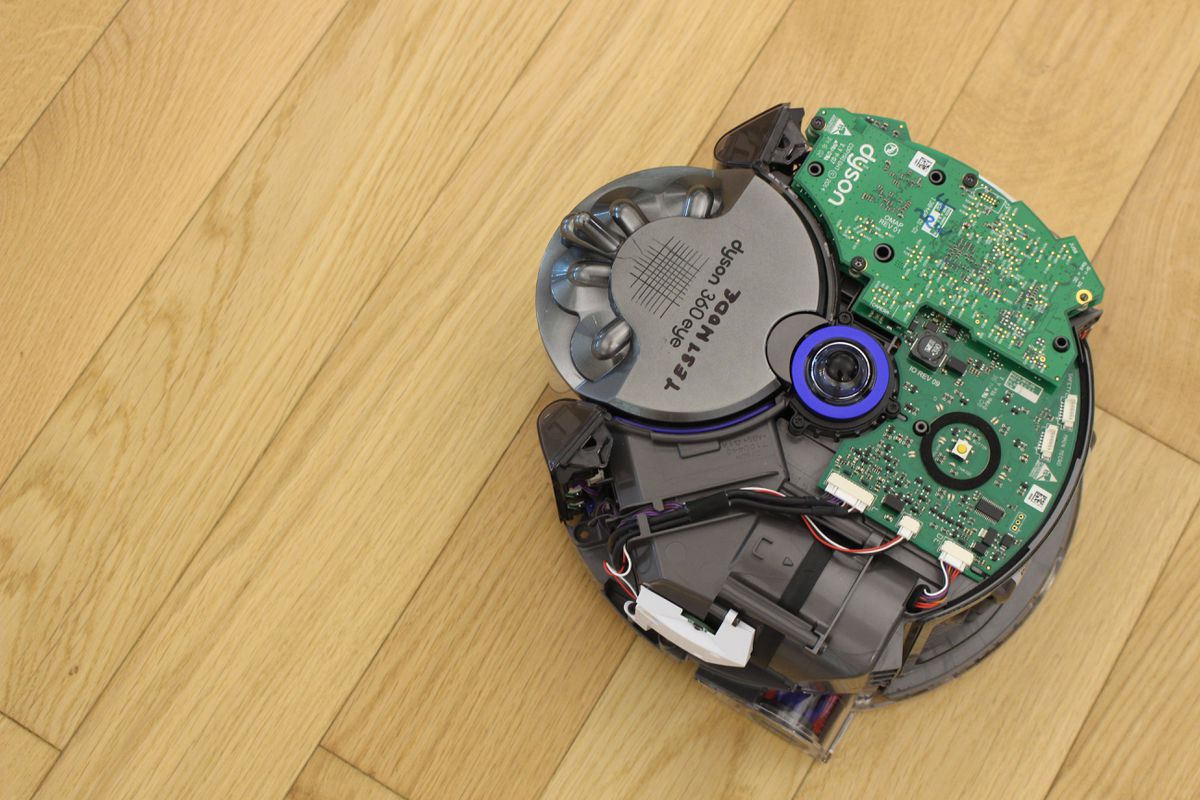
Image: mashable
The dream? For robots to be able to discover and learn new features.
Compared with today’s technology, that requires robots be taught everything they do, this would be true intelligence, the firm said.
